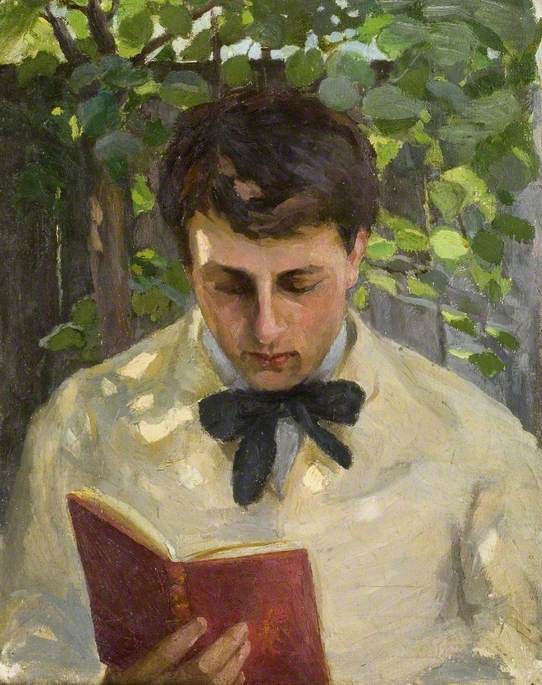In yesterday’s post I discussed the pros and cons of bibliotherapy as described by New Yorker writer Celedwin Dovey. I appreciated how bibliotherapists believe that literature can change our lives but worried about them being narrowly prescriptive. I didn’t mention one anxiety where bibliotherapists might indeed prove useful: that there are so many books in the world that we won’t be able to read all that we should.
How do you handle this fear? I myself choose books the way that Dovey does:
I’ve generally preferred to mimic Virginia Woolf’s passionate commitment to serendipity in my personal reading discoveries, delighting not only in the books themselves but in the randomly meaningful nature of how I came upon them (on the bus after a breakup, in a backpackers’ hostel in Damascus, or in the dark library stacks at graduate school, while browsing instead of studying).
Bibliotherapist Ella Bethoud, however, points out that the books we read aren’t always chosen as haphazardly as we think. As someone who helps choose the books for my book club, I can testify that Bethoud accurately describes the process:
[T]hough more books are being published than ever before, people are in fact selecting from a smaller and smaller pool. Look at the reading lists of most book clubs, and you’ll see all the same books, the ones that have been shouted about in the press.
Then she ratchets up an anxiety that has been with capitalist society ever since the days of Robinson Crusoe: are you making the best use of your time?
If you actually calculate how many books you read in a year—and how many that means you’re likely to read before you die—you’ll start to realize that you need to be highly selective in order to make the most of your reading time.
I don’t entirely agree with Berthoud here. Once you start applying efficiency criteria to reading—and to art in general—you threaten art at its very core. We should surrender to a work of literature, not tailor it to external parameters.
Dovey all but says as much when she compares literature to religion–which is to say, another experience that doesn’t lend itself to efficiency metrics:
The insights [that Dovey gained from a bibliotherapist’s list of recommendations] themselves are still nebulous, as learning gained through reading fiction often is—but therein lies its power. In a secular age, I suspect that reading fiction is one of the few remaining paths to transcendence, that elusive state in which the distance between the self and the universe shrinks. Reading fiction makes me lose all sense of self, but at the same time makes me feel most uniquely myself. As Woolf, the most fervent of readers, wrote, a book “splits us into two parts as we read,” for “the state of reading consists in the complete elimination of the ego,” while promising “perpetual union” with another mind.
There’s no mention of making the best use of one’s time in that formulation.
That being acknowledged, however, there’s still a place for good book recommendations. And if a well-read bibliotherapist gets to know you and then makes suggestions, that sounds better than, say, relying on The New York Times bestseller list. Or even word of mouth.
But as far as addressing your anxiety about there being too many unread masterpieces in your life—even a more deliberate reading program won’t banish that fear.


